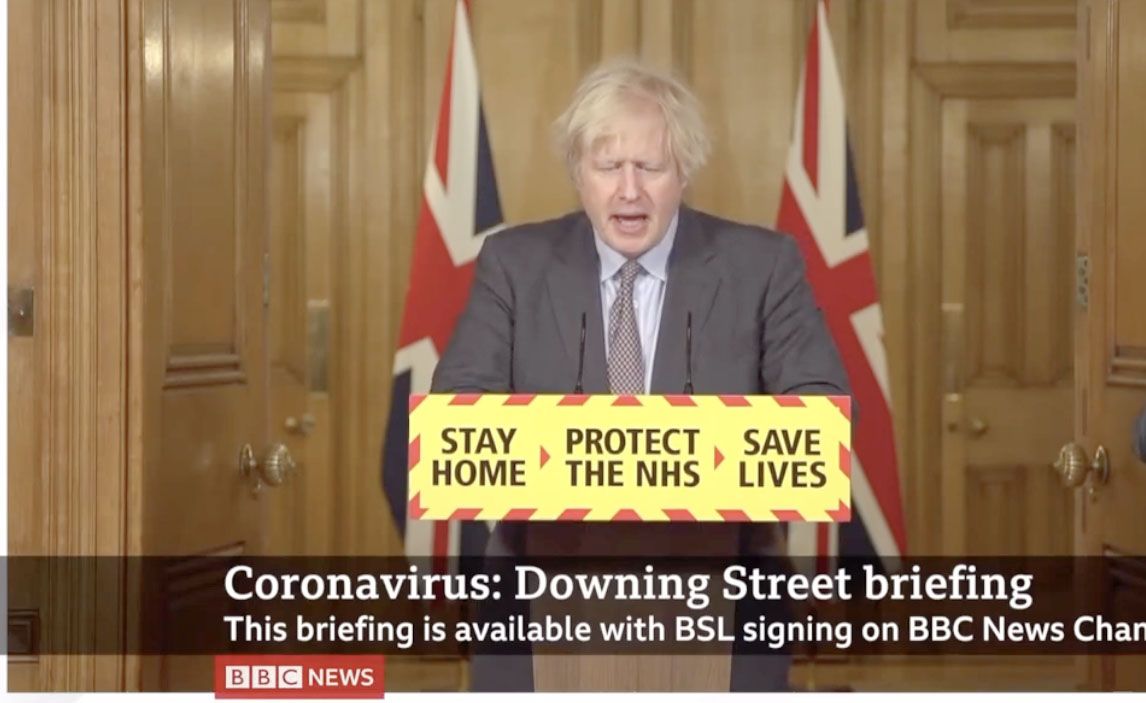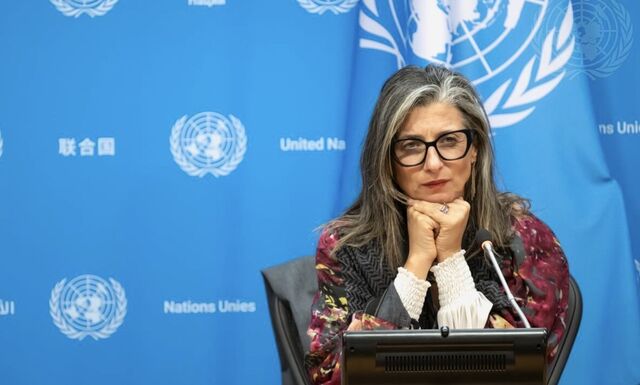I WANT unionism to feel comfortable in the debate about constitutional change. I want them to feel equal and valued in the discourse. I want to encourage pathways so that the entire debate is framed with respect, no matter how contested it gets.
More than that, I want to find ways to ensure that any path to constitutional change is marked by inclusion, equality and respect for unionism. What informs this most is the experience of nationalism, and 100 years since partition we should not see a mirror image of that experience deployed against those who are connected to the British union.
That must not, however, prevent the calling out of the current policies of political unionism, whether in relation to how Brexit is happening, or in relation to meeting the challenges of Coronavirus.
The simple truth is: the DUP, as UK unionists, thought that by supporting Brexit they could further separate Northern Ireland from the Republic of Ireland.
— Femi😷 (@Femi_Sorry) February 23, 2021
They underestimated the opposition to creating a hard border on land and now they've made their own worst fears a reality.
Firstly, it is importantly to say that not all unionists are created equally. Far from what early morning chat shows might suggest, not every unionist is conflating the constitutional question with the implementation of the Protocol.
In fact, even the DUP weren’t until they saw an opinion poll which gave Jim Allister’s TUV increased percentage points. In mid-December Foster’s shoulders shrugged as she said in relation to the Protocol: “If businesses are from America and looking for access to the UK single market and access to the EU single market then Northern Ireland seems to be a very good place.”
This is about political unionism knowing it is not behind the 8 ball in the constitutional debate. Rather than take its place in realistic and concerted discussion, political unionism feigns fainting under the heat, whistles for the dogs and expects everyone else to pick them up.
However, when Lucid Talk produced their early February poll unionist parties, terrified of a portrayal of them as Lundys, made supply chain challenges and difficulties for companies filing papers the modern-day version of the siege of Derry.
When commentators, Europe, Westminster, Dublin, and the majority remain parties pointed out that these are very early days for a Protocol that was far too rushed and not thought out enough, they were told that they have to understand unionism’s constitutional insecurities. Like there was some connection and despite this place being in exactly the same place constitutionally as it was in on December 31, and will remain so until a majority of our citizens say otherwise.
And, of course, these constitutional dog whistles led to ongoing threats of violence from loyalist dissidents with muted (if any) political unionist condemnation and an outrageous lack of response from the PSNI.
Which makes me think this is not about badly thought-out bureaucracy or fear of not getting Melton Mowbray pork pies in May. This is about political unionism knowing it is not behind the 8 ball in the constitutional debate. Rather than take its place in realistic and concerted discussion, political unionism feigns fainting under the heat, whistles for the dogs and expects everyone else to pick them up.
The insecurity of the DUP was particularly in evidence as Arlene Foster and Peter Weir performed some kind of dance of Salomé in response to Boris Johnson’s Covid recovery plan. Westminster is one of the world’s worst performing governments, with over 121,000 dead already, yet the DUP fawning over this week’s timetable as if it came from the mountain to the Israelites, left me wondering just how many will again be sacrificed for this “let’s prove we are British” sociopathy.
Irish unionists have a right to respect and equality. But political nihilism demands to be called out. The trick in coming years is de-conflating the two.








